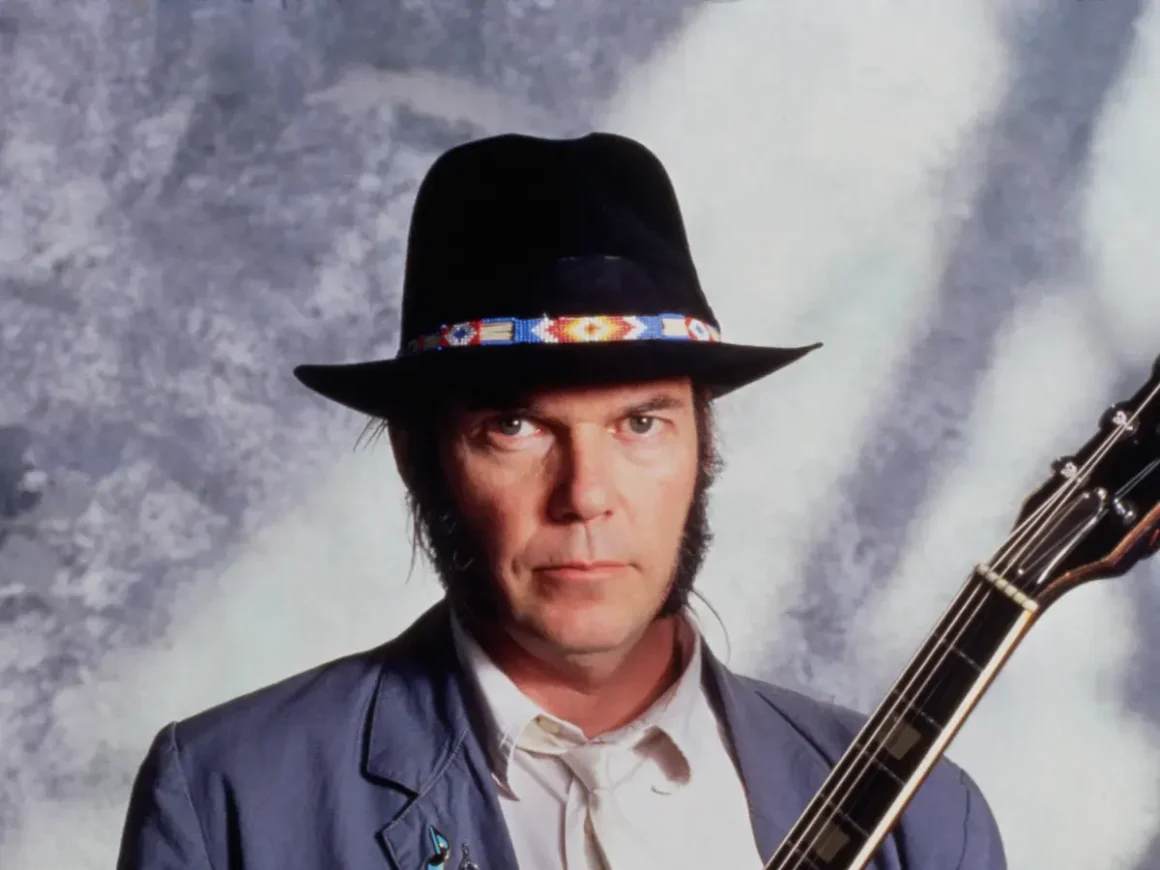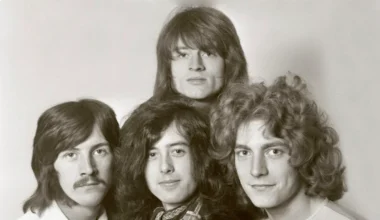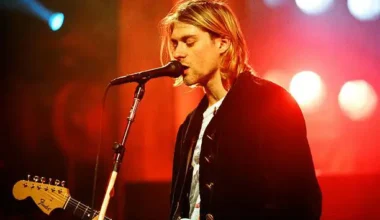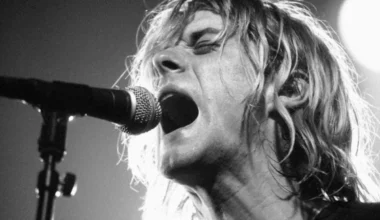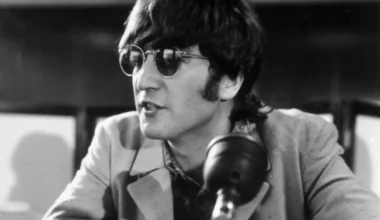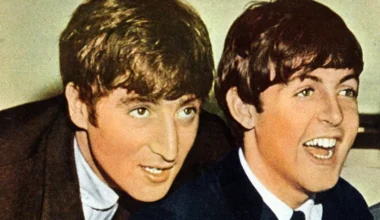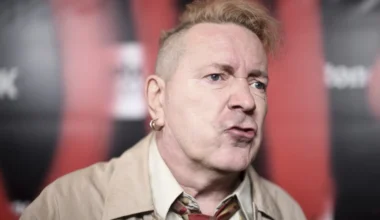Following the British invasion and the birth of rock ‘n’ roll, Canada appeared to be enjoying its heyday in the late 1960s. Canada attained a prominent position on the musical map with the notable contributions of Neil Young, Robbie Robertson’s The Band, Joni Mitchell, and Leonard Cohen prior to the rise of the singer-songwriter wave.
Neil Young is a native of Toronto, the capital and largest city of Ontario, a thriving Canadian metropolis. Despite this background, the music he created is more evocative of the nation’s diverse rural landscapes. It captures everything from the tundra in the north to the ranches in the south. After breaking through with Buffalo Springfield’s Stephen Stills, the songwriter pursued a prosperous solo career. His long-standing backing group, Crazy Horse, enhanced and influenced his success.
Young frequently evoked the rural scene in his solo material. He learned to play the ukulele as a child and then progressed to the banjo and acoustic guitar. These kinds of instruments are typically connected to the folk and country genres that Young adores. Harvest (1972), his masterwork in this format, drew partial influence from his recent move to the rural California countryside, where he acquired Broken Arrow Ranch.
Young’s reputation as a rock star extends beyond his solo acoustic material, as evidenced by his willingness to turn up the volume and perform with Crazy Horse. Rust Never Sleeps’ electric and raw sound even gained Young the moniker “Godfather of Grunge.”
Young’s diverse style, which incorporates elements of rock, folk, country, and R&B, can be ascribed to numerous influential figures. He was first exposed to the blues by Jimmy Reed, folk by Roscoe Holcomb, and country by Hank Williams when he was a young, budding musician. But the majority of his early rock ‘n’ roll influences covered a wide range of genres.
Like most kids his age, Young loved the upbeat piano rhythms of Little Richard and Jerry Lee Lewis. Still, he’d always identified more with singers who carried guitars, like Elvis Presley. Indeed, when Young was ten years old, he looked up to the King and decided to pursue his first passion—playing the ukulele.
If Young’s early passion started by Presley, Roy Orbison was the one who encouraged him to take things seriously and pursue a career in music. In a 1990 interview with Nick Kent, Young discussed the passing of Roy Orbison. He also mentioned how the “Pretty Woman” singer had inspired her as a strong woman and vocalist. He declared, “I always loved Roy.” “I respected and looked up to the way he conducted himself. That distant quality he possessed had a big impact on me. It was this benign dignity with which he carried himself, you know.
In fact, Young has always maintained an honest and unwavering appearance that hasn’t changed despite media attention and fame. In addition to this impact, Young is still an avid admirer of Orbison’s sound. “Every album I’ve ever made has a piece of Roy Orbison on it.” “So many of my songs are influenced by him,” Young continued. “Don’t Cry” is a well-known Orbison tribute song on Eldorado. That’s me completely under Roy Orbison’s influence. “Roy Orbison meets trash metal,” was my thought process when I wrote and recorded the song.

